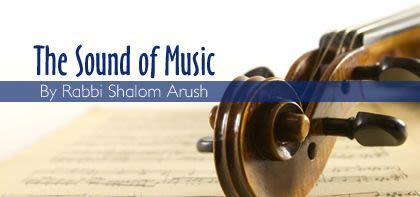
The Sound of Music
The moment you feel down, start singing! If you can play an instrument, start playing a happy song. If not, listen to the music of a G-d-fearing individual...

King David in Psalm 92 tells us how wonderful it is to grab a musical instrument and to begin singing songs of praise to Hashem. In fact, all the blessings and verses of praise in our liturgy are designed to accustom us and remind us – in the darkness of our physical world – that our entire purpose on earth is to thank G-d, praise Him, sing to Him and glorify Him.
A person must sing to G-d, and even play music before Him if he can! Song brings enjoyment to every word of prayer, as does singing the blessings and verses of praise in a melody that encourages, inspires, and gladdens the heart. A person should also sing the Silent Prayer (Amida) to himself, since this enhances one’s intent and joy, which are ever so conducive to effective prayer. Rebbe Nachman says (Likutei Moharan, I:42)  that by singing in prayer, all harsh judgments are mitigated:
that by singing in prayer, all harsh judgments are mitigated:
‘And He saw their sorrow when He heard their song’ (Psalms, 106). Behold, through playing music, the severe judgments are sweetened. As the holy Zohar writes (Pinchas, 215): ‘The rainbow is G-d’s Divine Presence and the three colors of the rainbow are the (three) forefathers, and they are garments of G-d’s Divine Presence. And when G-d’s Divine Presence (the Shechinah) clothes herself in garments of light then “And I will see it to remember the eternal covenant” (Genesis, 9) and then “the anger of the King subsided” (The Scroll of Esther). This is like a king who became angry at his son, and when he saw the queen in garments of light he had mercy on his son.’
The letters of prayer are G-d’s Divine Presence, as is written in Psalms 51, “G-d, open my lips.” The faculty of speech parallels G-d’s Name, A-donai, which is the Name of G-d in this verse. A-donai is called a bow, as Rashi explains Jacob’s words in Genesis 58, “with my sword and my bow” as referring to his prayers. The sound of music is the three colors of the rainbow. The voice contains the elements of fire, water and wind, which parallel the three Forefathers. The three Forefathers are the three shades of light in the rainbow. G-d’s promise to look at the rainbow and remember His eternal covenant not to destroy the world with water, “And I will see it to remember the eternal covenant,” is actually an allusion to the merit of the Forefathers.
A person who sings the letters of prayer in purity and clarity envelops G-d’s Divine Presence – the letters – in garments of light. G-d sees the Divine Presence and his “anger subsides.” This explains Rashi’s commentary on the verse in Psalms 106 “when He heard their song.” Rashi comments that G-d heard the song of Israel in the merit of our Forefathers. The song, which is the three shades of the rainbow, was sung with great clarity and purity, because the three colors of the rainbow are the Forefathers, as explained above. And they are the garments of G-d’s Divine Presence. When the garments are alight with purity and clarity, this is called “the merit of the Forefathers.” Then, “And I will see it to remember the eternal covenant” and then “And He decided not to punish them, in His great loving kindness” (Psalms 106), “And the wrath of the King dissipated” and the severe judgments are sweetened.
Music, especially prayer set to song, has phenomenal power in stimulating one’s heart to yearn for Hashem. Rebbe Nachman’s disciple Rebbe Natan would travel in a closed carriage while devoting himself to Torah study and prayer on the way. Once, his student Rebbe Shimon accompanied him. Rebbe Natan began to recite the morning prayers heavily, as if he were depressed, and then gradually began humming a happy tune. His joy steadily increased until he reached a level of tremendous enthusiasm. He sang to Hashem with such irresistible sweetness that the non-Jewish villagers along the way stopped working and began to chase after the wagon, yearning to hear the wondrous melody emanating from within it.
When Rebbe Natan reached the Amida – the Silent Prayer – he was so immersed in a state of clinging to G-d that his students had to remove him from the wagon on their hands and stand him before the wall of the wayside inn so that he could pray.
As they continued their journey, Rebbe Shimon asked his rabbi what had happened. Why was he deep in negativity at the beginning of his prayers, and how was he able to strengthen himself and become so joyous and enthusiastic?
Rebbe Natan answered: “At the beginning of my prayers, feelings of negativity and terrible sadness engulfed me. Then I remembered what Rebbe Nachman said, that a person should revitalize himself with a song of joy – especially during prayer. So, I began to sing a joyous tune until I could say the rest of my prayers with tremendous joy.”
The moment you feel down, start singing! If you can play an instrument, start playing a happy song. If not, listen to the music of a G-d-fearing individual, a menagen kasher, and you’ll soon be dancing in joy too. Few things have the power that a pure sound of music has.



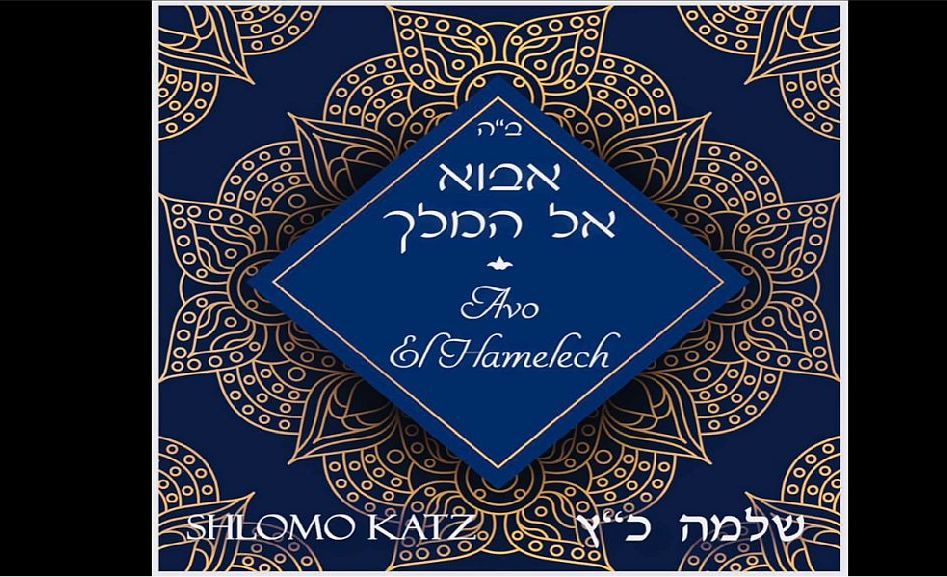

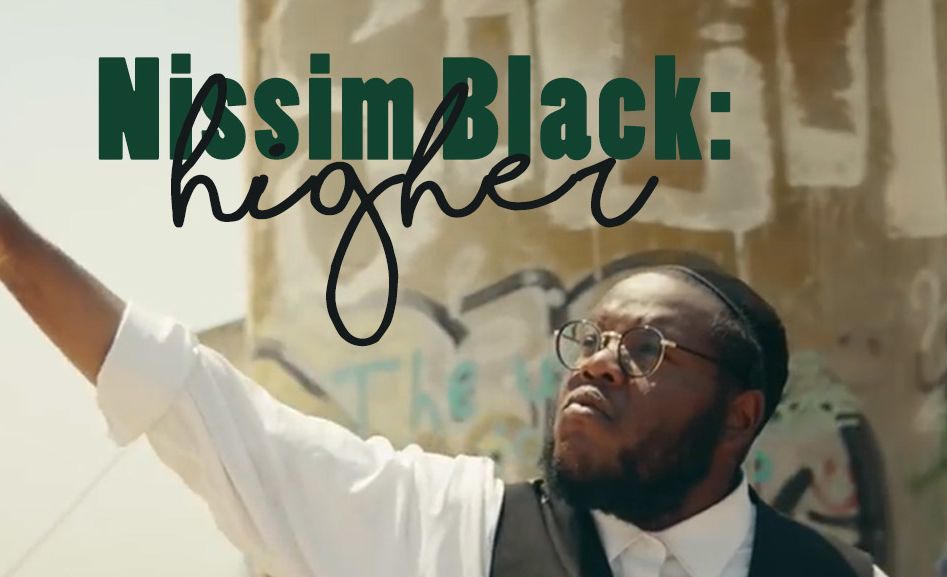
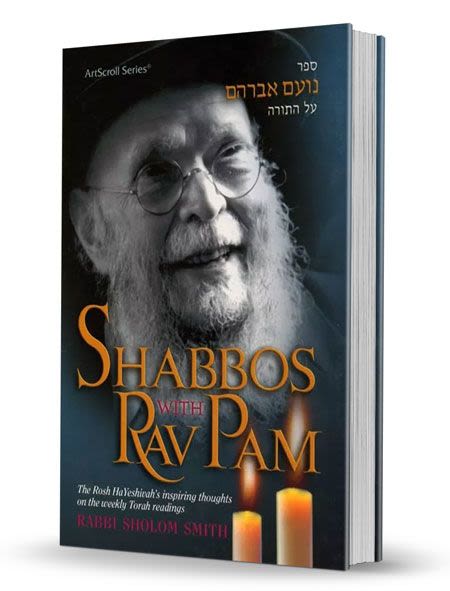




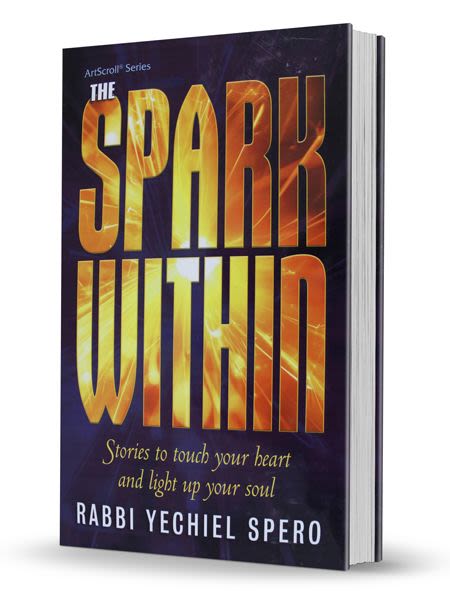
Tell us what you think!
Thank you for your comment!
It will be published after approval by the Editor.